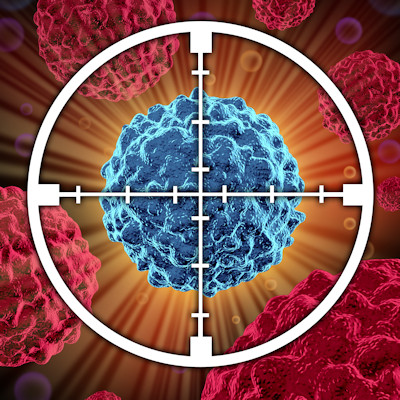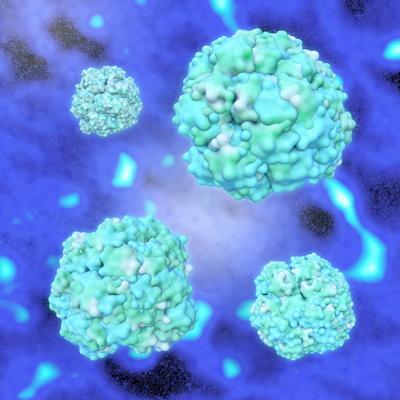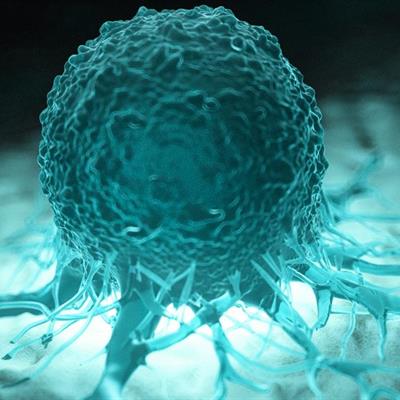April 10, 2023 -- Researchers in a study have found the monoclonal antibody enoblituzumab to be safe and effective in men with aggressive prostate cancer.
The phase II study, published last week in Nature Medicine, may result in the first promising antibody-based immunotherapy for high-risk prostate cancer, according to investigators at the Johns Hopkins Kimmel Cancer Center who led the study with colleagues at the Bloomberg-Kimmel Institute for Cancer Immunotherapy.
Other antibody-based immunotherapy drugs have targeted immune checkpoints, which mediate immune responses. But although drugs that block these checkpoints have been successful against other cancers, they have not been effective against prostate cancer.
Enoblituzumab works by binding to a protein called B7-H3 that is overexpressed on prostate cancer cells and impedes the immune system's ability to attack cancer cells. The therapy could have a dual anticancer effect by blocking B7-H3's inhibition of the immune system's elimination of cancer cells, while also triggering a process called antibody-dependent cellular cytoxicity, which leads to tumor cell destruction by activating additional immune cells such as macrophages.
The clinical trial enrolled 32 men with high-risk prostate cancers from February 2017 through June 2019; all were scheduled for prostate cancer surgery. They were treated with six weekly infusions of enoblituzumab prior to surgery and monitored for an average of 30 months thereafter.
The participants' median age was 64. About half had prostate-specific antigen (PSA) levels greater than 10 ng/mL at diagnosis, and 50% had Gleason scores of five at biopsy, signifying highly aggressive disease. According to prostate samples studied after surgery, enoblituzumab penetrated prostate tumors and bound to B7-H3 in the vast majority of participants.
Of the 32 patients, 21 (66%) had undetectable PSA levels 12 months after surgery. Additionally, enoblituzumab was well-tolerated with only mild side effects; no patients had complications during or after surgery.
Beyond safety and antitumor activity, the investigators looked for changes in the tumor microenvironment before and after enoblituzumab treatment. They found increased cytotoxicity markers after treatment. Tumors showed increased infiltration with granulocytes, leukocytes, and effector T cells, and the density of cytotoxic T cells roughly doubled after treatment -- all consistent with immune system activation against tumor cells.
Researchers say combining enoblituzumab therapy with curative-intent local therapies such as surgical prostate removal or radiation therapy may allow this drug to kill micrometastatic disease hiding elsewhere in the body, potentially preventing significant numbers of men from experiencing recurring disease.
The investigators are now planning a larger randomized trial of enoblituzumab in newly diagnosed prostate cancer patients to assess its clinical activity compared to current standards of care. If enoblituzumab continues to perform well, it could represent the first pathway for immunotherapy against prostate cancer, the researchers said.
"These results in high-risk prostate cancer patients, and the broader need for immunotherapeutic strategies with efficacy in prostate cancers, provide justification to further develop multipronged approaches that include targeting B7-H3 to optimize antitumor activity in prostate cancers," senior study author Dr. Emmanuel Antonarakis, a University of Minnesota professor of medicine, said in a statement.
Copyright © 2023 scienceboard.net













